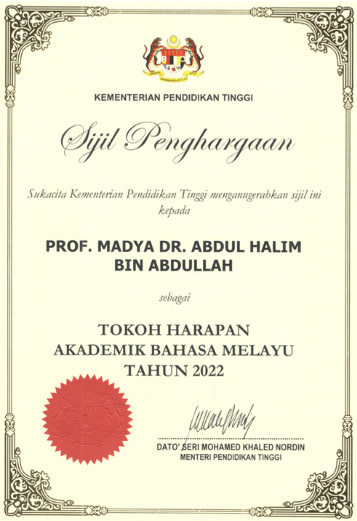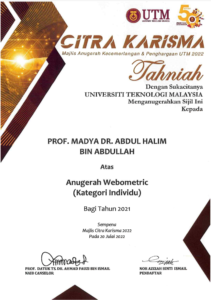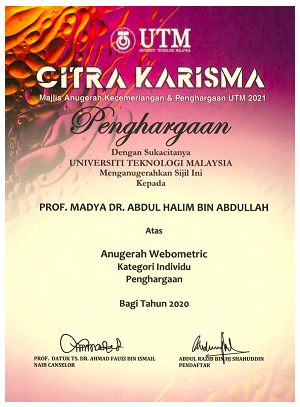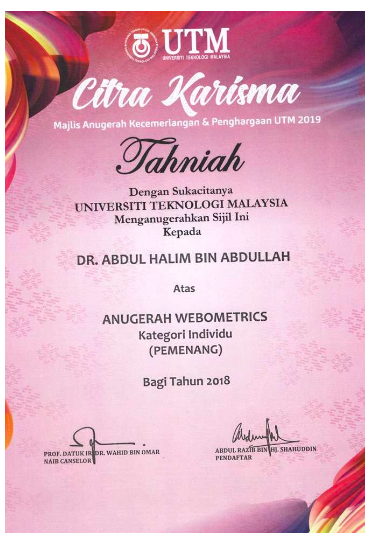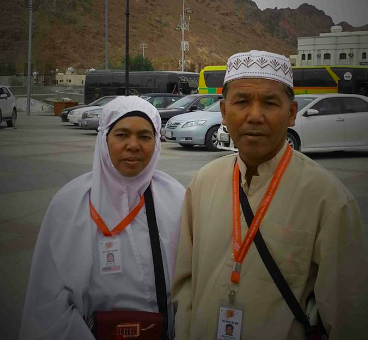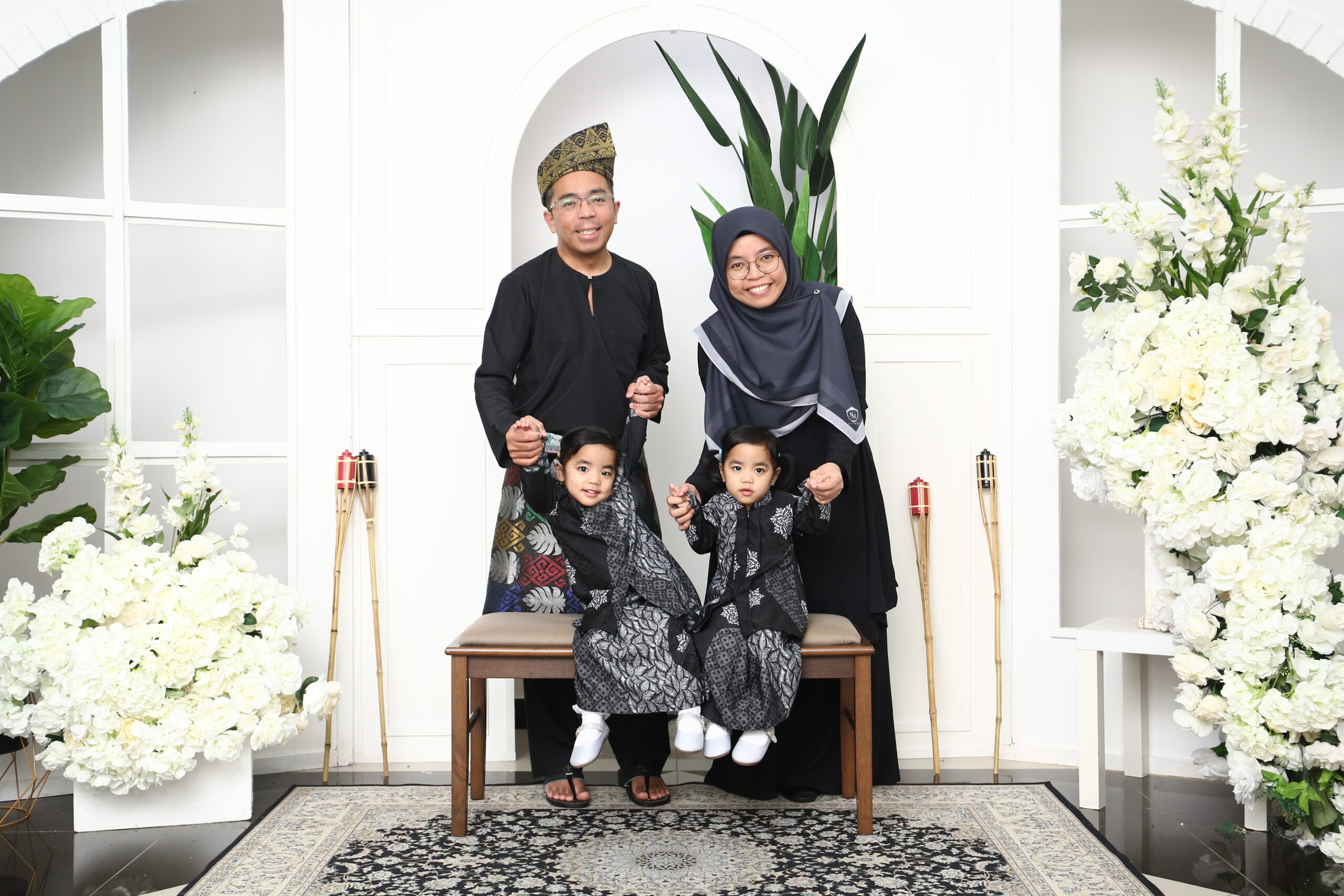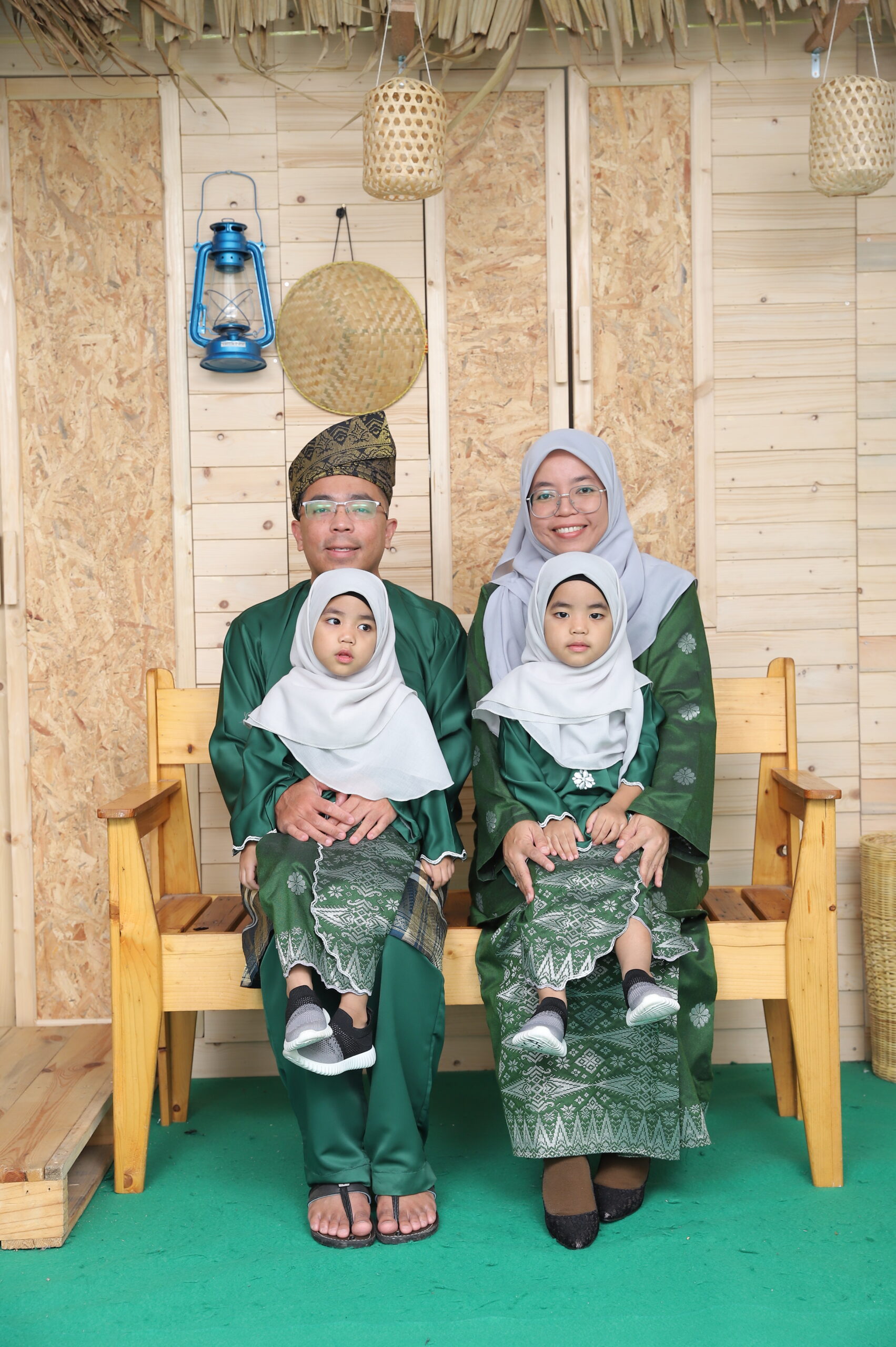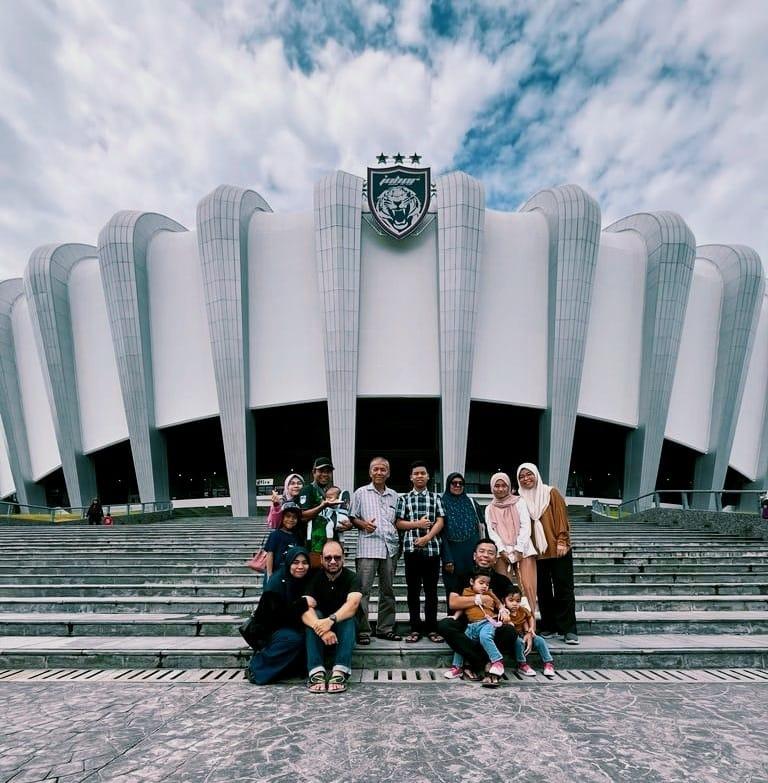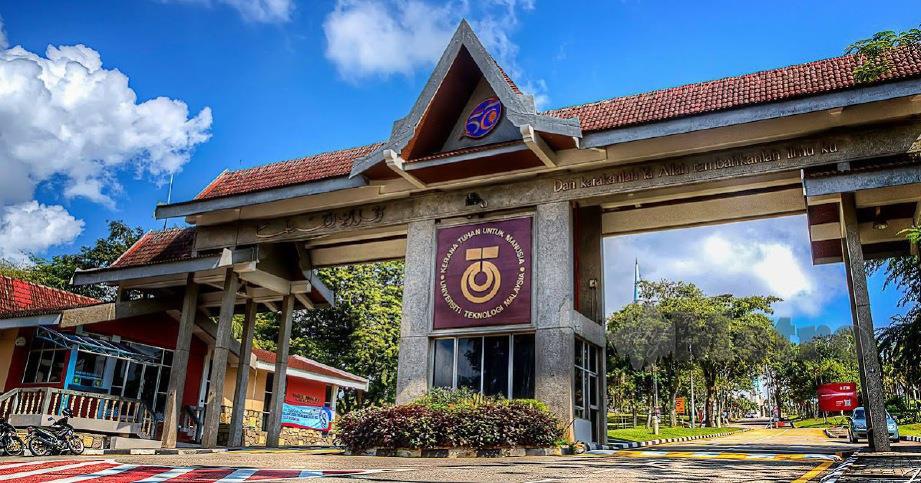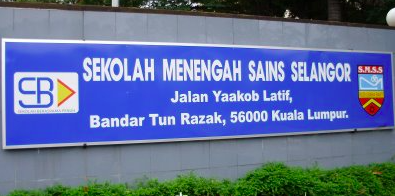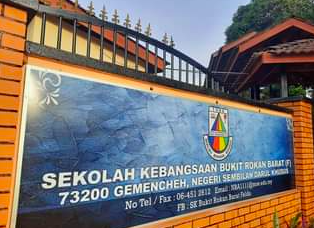
Percentage of unemployment among graduates in Malaysia has continuously become an issue. The unemployment figures have increased from 2.6% in 1996 and 3.7% in 2009 and the total percentages are still above 3% until the year 2013 (Department of Statistic, Malaysia). A graduate is considered as unemployed if he or she works in a short time or works in jobs which require lower qualifications than achieved (Ishak et al., 2008). Furthermore, there is also empirical evidence that the number of unemployed graduates in ASEAN increases every year from 1996 to 2015. According to “ASEAN Community 2015: Managing integration for better jobs and shared prosperity” report, employment growth has slowed in ASEAN in recent years. Although in 2012 employment grew by 1.9 per cent, the number decreased to 1.5 percent in 2013 and this figure was at par with the global rate of 1.4 per cent. Results from several studies have shown that there is a mismatch of employment requirements between industries and knowledge and skills possessed by university graduates. Therefore, degree holders have difficulties in securing jobs as they cannot meet expectations of the industries. National Economic Action Council (2003) reported that one of the factors of unemployment among graduates is that there is a mismatch of competencies between industrial requirements and the graduates. Moreover, a research carried out by Hairi et al. (2011) showed that lack of soft skills became one of the factors of unemployment among graduates. Results from a study conducted by Giselle & Fay (2014) confirmed the importance of creativity as a desirable graduate attribute and it is vital for employability. As a result, creativity becomes an attribute which is vital for securing employment. In addition, other generic skills seem intrinsic to creative behavior such as independent learning, critical thinking, innovative problem solving and information and digital literacy (Allen & Coleman, 2011). However, there exists skills gap in Malaysia and this notion is highlighted in Figure 1.

Figure 1: Skills gaps in Malaysia (World Economic Forum, 2015)

